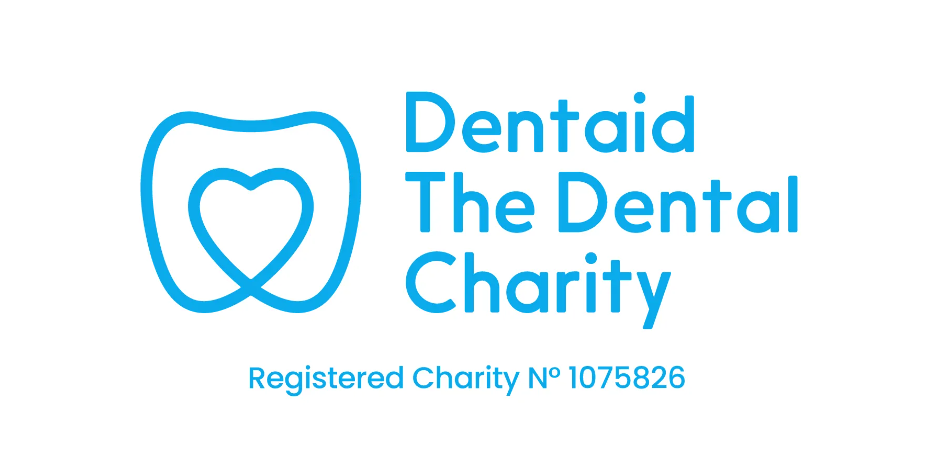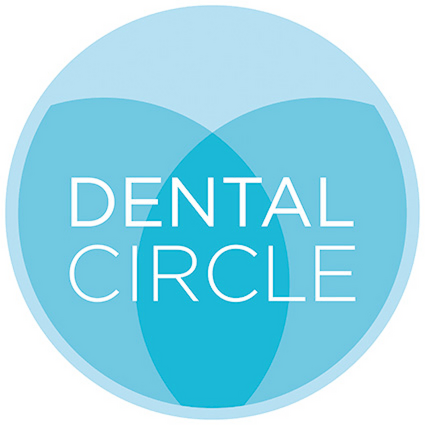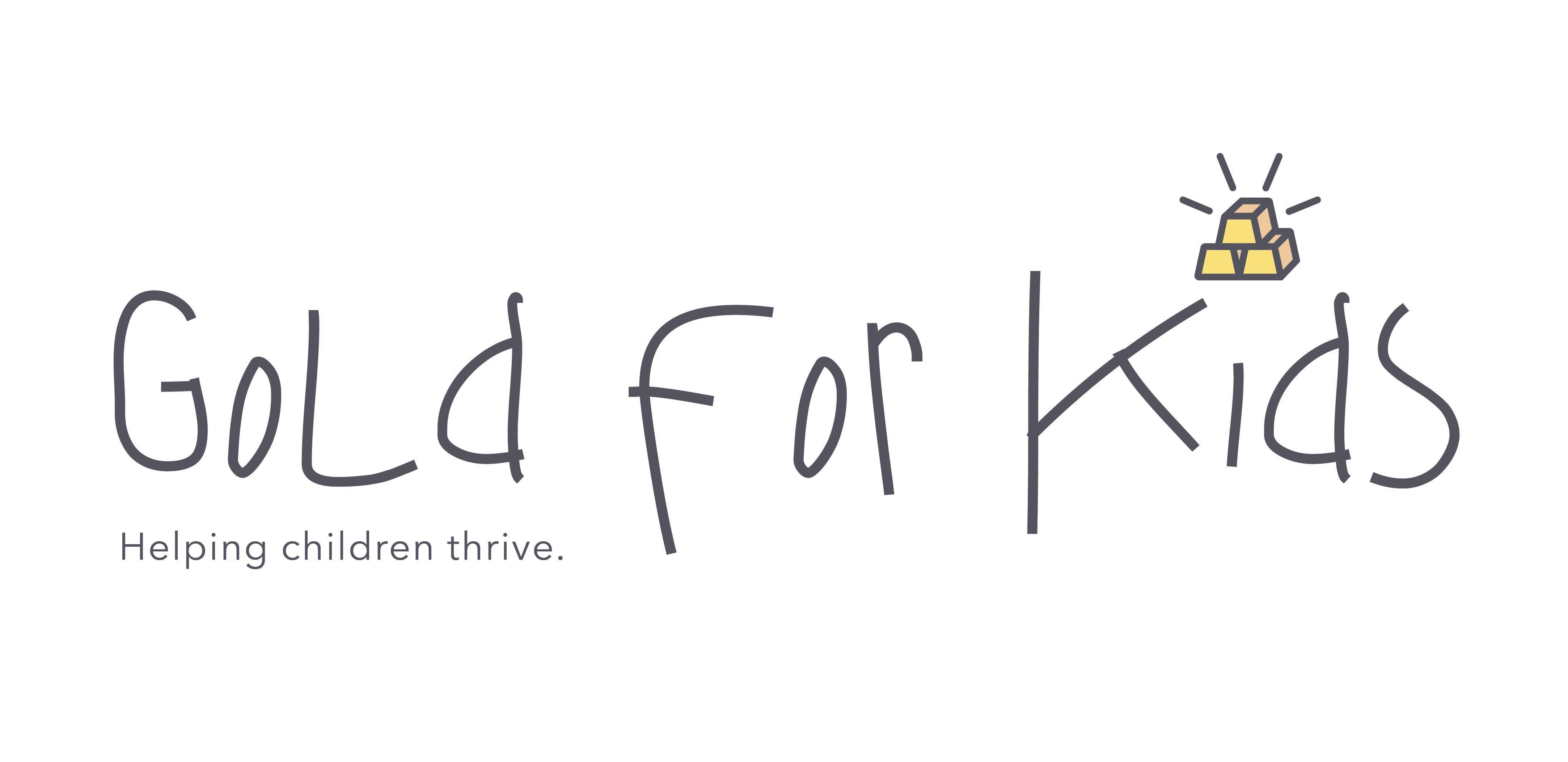Is there potential to reprocess single use PPE?
A topic of much interest right now is whether or not face masks can be safely reused following appropriate reprocessing. Here’s an overview of the challenges and how some believe reprocessing could offer a viable solution.
The challenge
There is widespread concern about potential supply problems of various PPE due to unprecedented levels of demand anticipated when healthcare providers re-open across the UK. Many manufacturers of PPE have already increased their production capacity in order to cater to the greater needs of the NHS during COVID-19. With more routine healthcare services starting up again – possibly including dental practices in the not too distant future – we don’t yet know how product supply will be affected.
For dental practices that cannot access the PPE they need to comply with regulations and deliver safe patient care, their ability to re-open and provide services could be compromised.
Safe reuse?
In normal circumstances, the reuse of any single-use PPE is unacceptable. However, in the extreme situation many healthcare providers find themselves in right now, could exceptions be made? It seems that some regulators in some countries believe they can. Experts in the field are sharing and discussing the science that suggests face masks could be reprocessed effectively in order to render them safe for reuse.
It is important to realise that FFP2/FFP3 face masks were not designed to be reprocessed. That said, several regulatory bodies and governing organisations in other parts of the world have temporarily sanctioned the procedure for emergency situations. In general, steam sterilization is recommended at 121 degrees Celsius for 15 or 20 minutes. A Dutch study found that the permeability of the masks to small particles did not change even after multiple (six) sterilization procedures. A B-type cycle autoclave seems to be required to remove sufficient air from between the mask fabric layers to ensure effective steam decontamination. Possible alternative procedures may include VH2O2 low temperature sterilization (usually in hospital settings), dry heat sterilization, TWD drying and ultraviolet germicidal irradiation – although the effectiveness and appropriateness of these are still being tested in different countries and environments.
Bridging the gap
A Consensus statement by Health Protection Scotland, Public Health Wales and Public Health Northern Ireland approved the sessional and reuse of PPE where there were acute shortages and it was safe to do so. It has not yet approved the reprocessing or reuse of single use PPE. As more research is conducted around the globe and more evidence surfaces to support the safety and effectiveness of the procedure, perhaps it could offer a solution to help bridge the potential shortfall in supply of PPE in the weeks and months to come…
There are several resources available for more information on reprocessing face masks for anyone interested in some further reading, including:








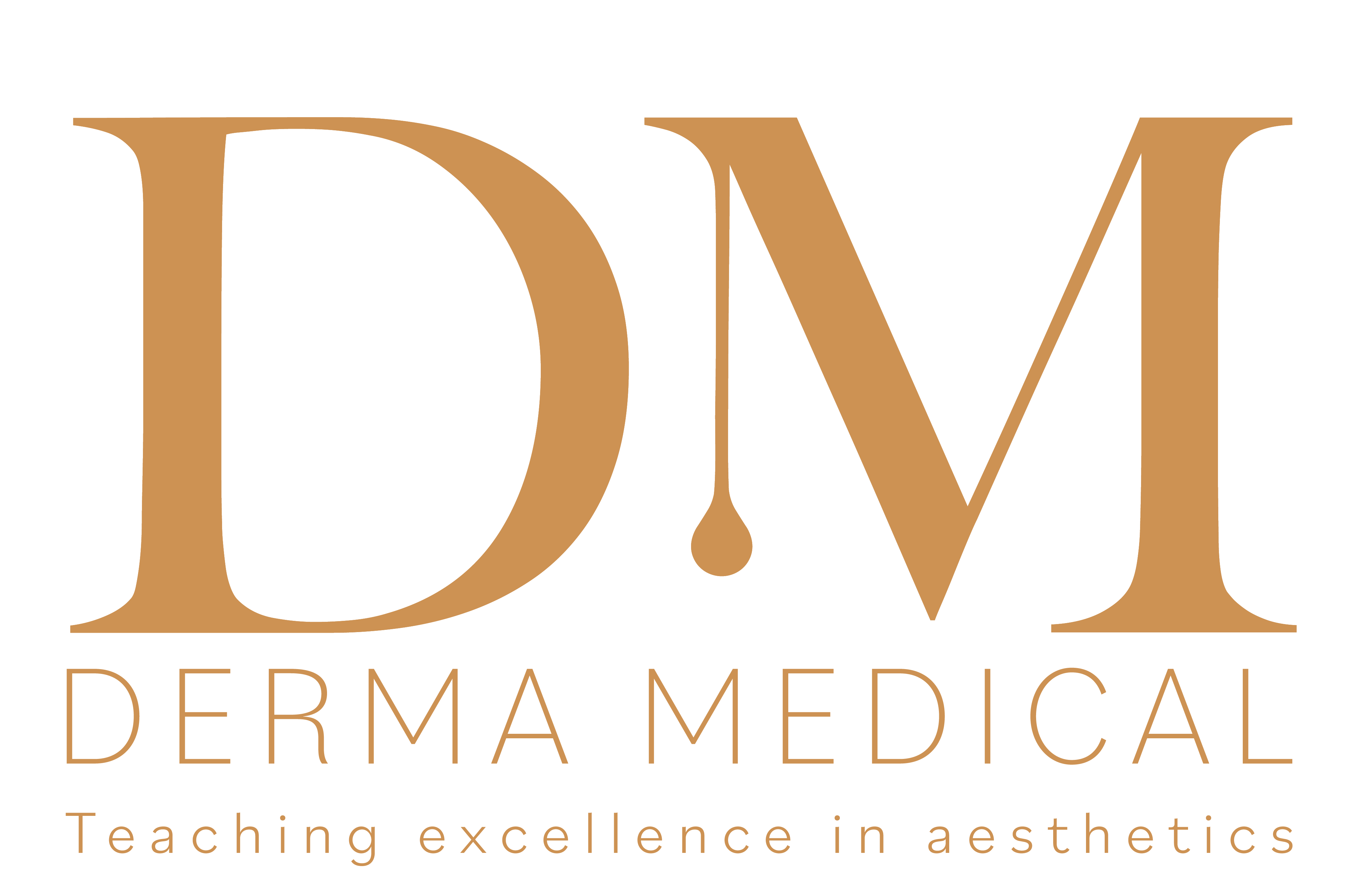



















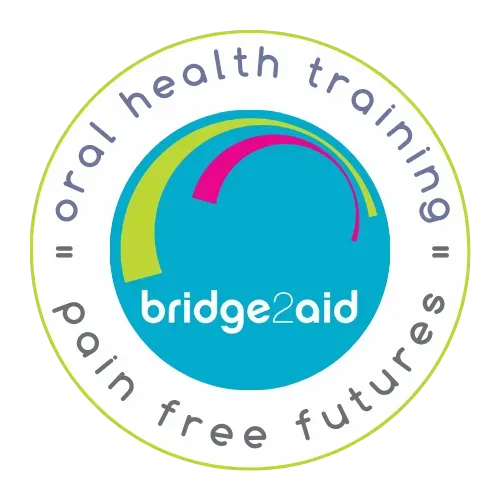
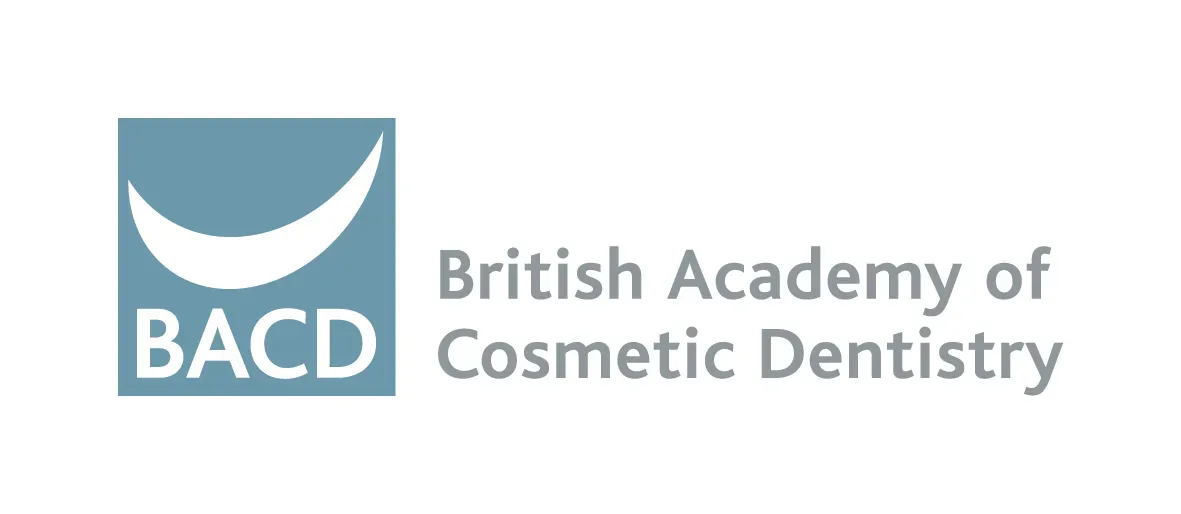
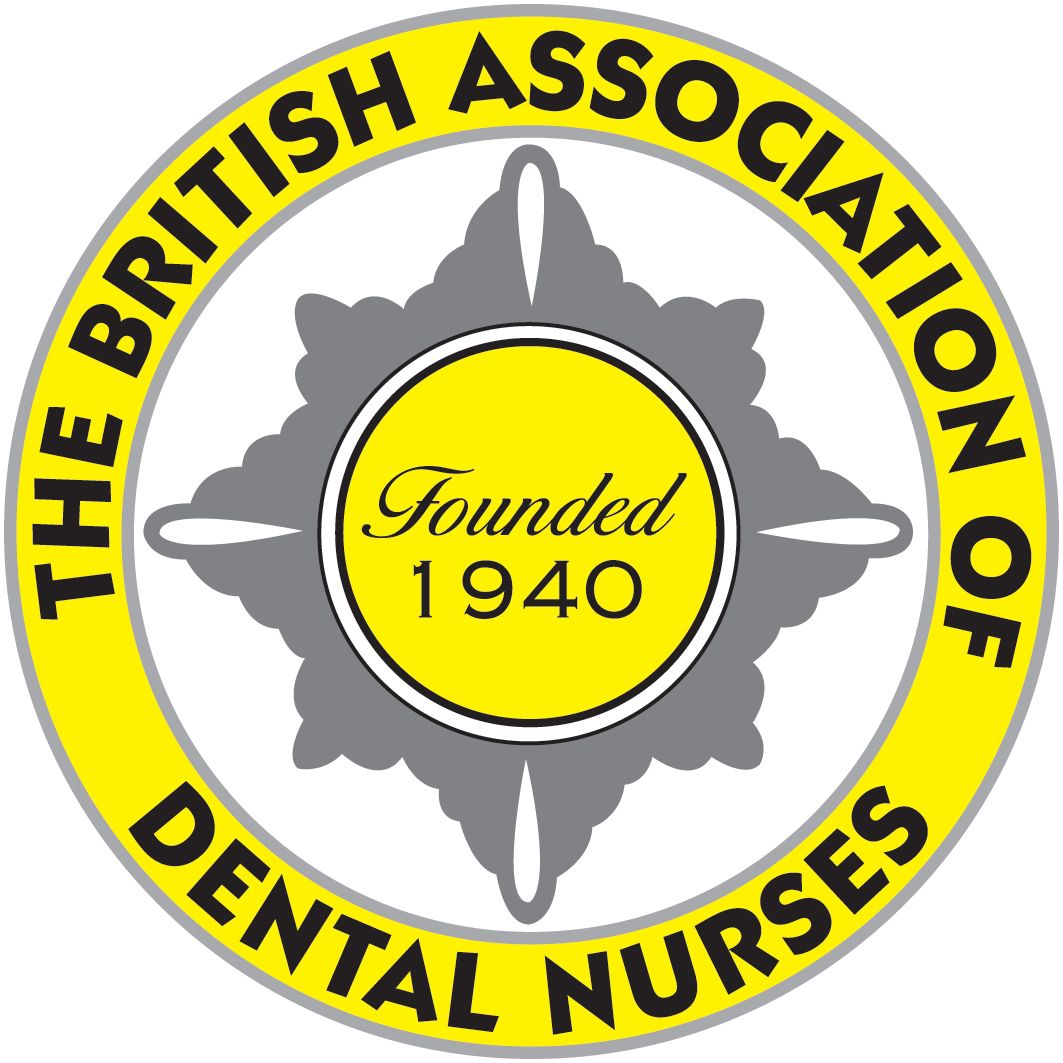
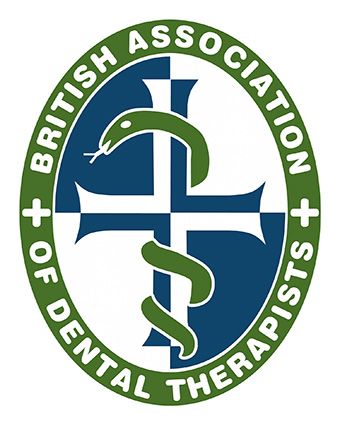
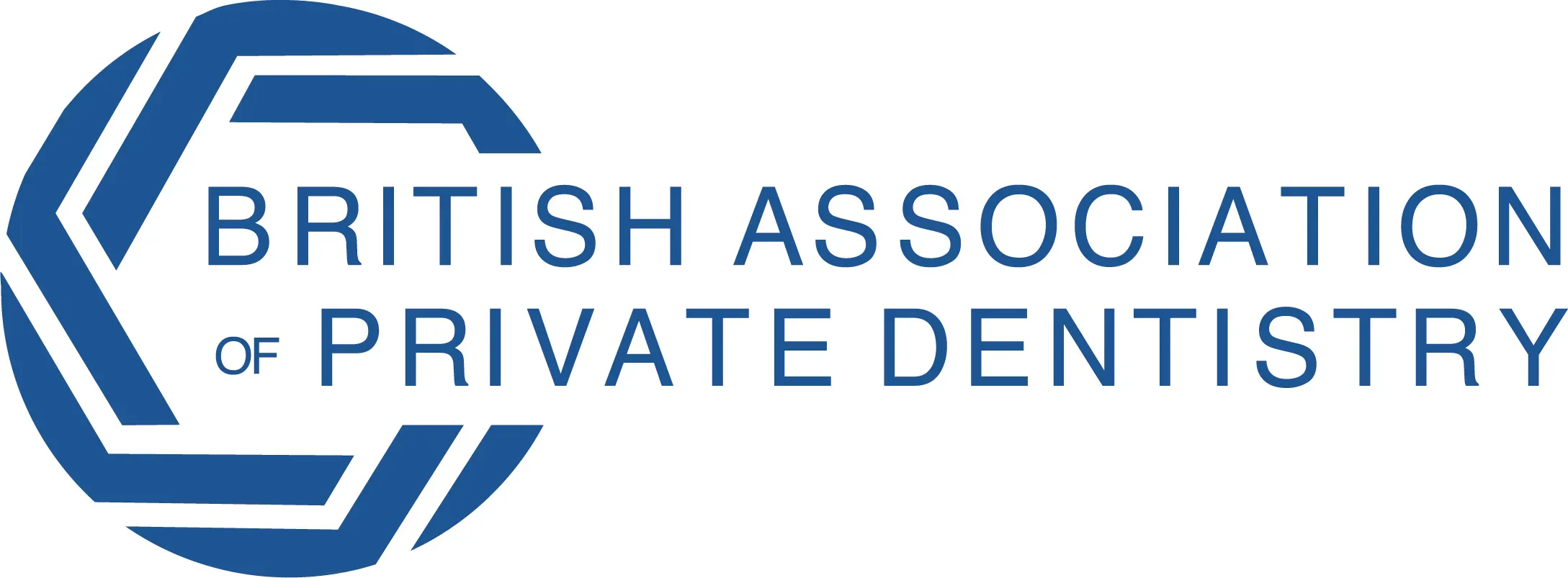
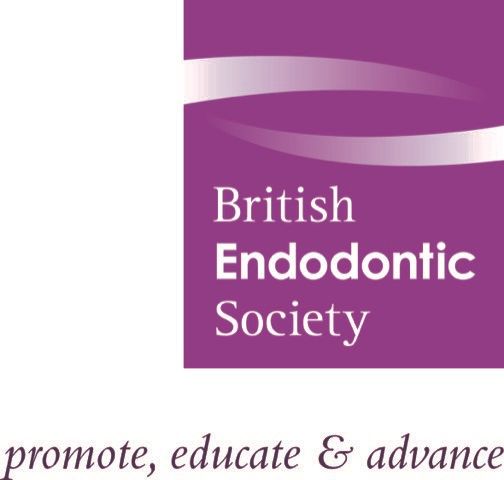
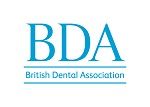
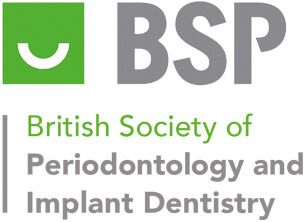
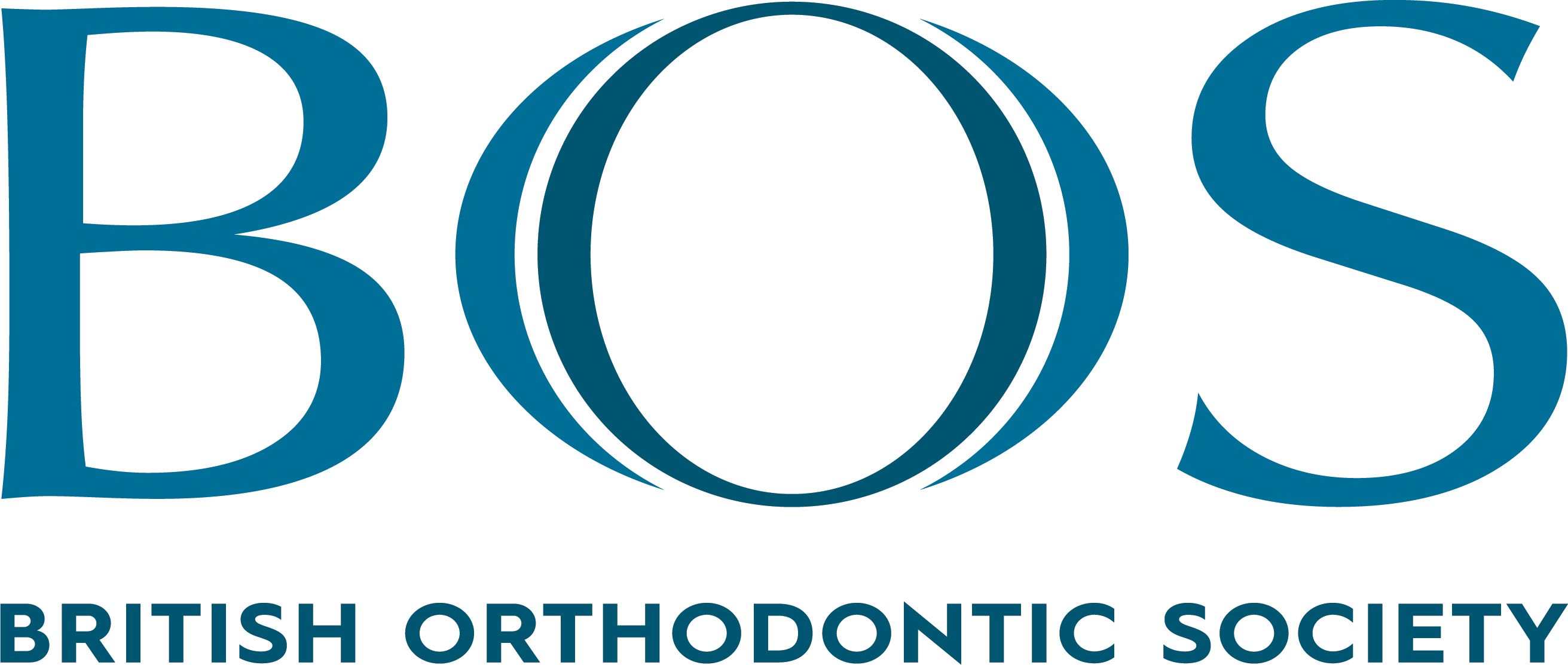


.png)
